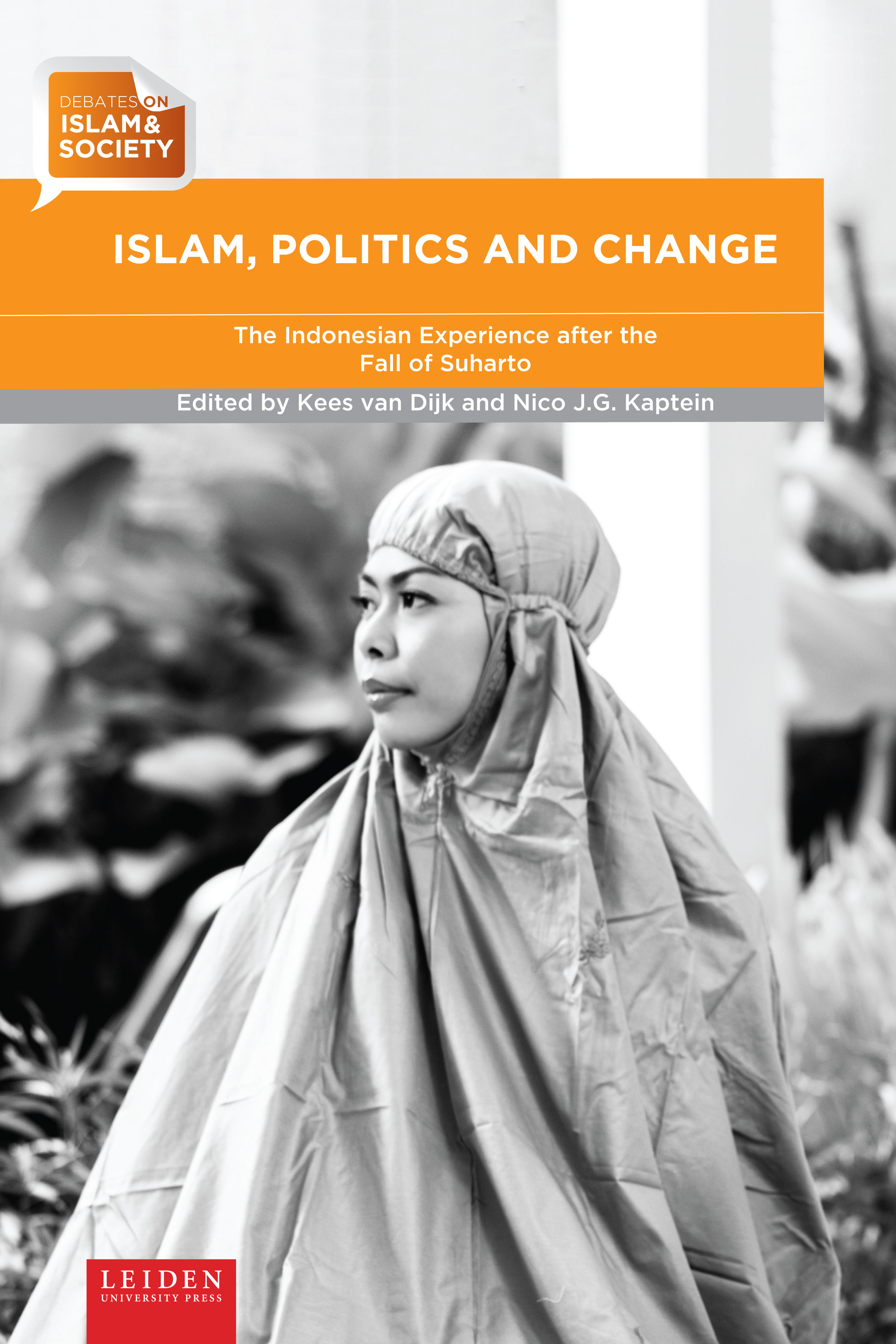
File Size: 3.49 mb
Description
Islam in Indonesia has long been praised for its tolerance, at home and abroad, by the general public and in academic circles, and by politicians and heads of state. Among the aspects highlighted are the incorporation of rituals and beliefs that, strictly speaking, do not conform to Islam, and the willingness of Indonesian Muslims to accept in their midst Christians, other non-Muslims, and fellow Muslims who are considered heretics by mainstream Islam. However, this image of tolerance has been challenged in the last ten to 15 years by armed confrontations, if not civil wars, in the Moluccas, Lombok, Poso on Celebes, and Banjarmasin on Borneo, in which religion was one of the motivating factors; by mob violence perpetrated by local Muslims and Islamic vigilante groups of which the fpi (Front Pembela Islam, Front of the Defenders of Islam) is the best known; and by the emergence of terrorist organisations. Initially, terrorism in Indonesia was the work of Jemaah Islamiyah (Islamic Community), a group made up of Indonesians and Malaysians who had close links with al-Qaeda and Islamic insurgents in the Philippines; inspired, if not headed, by one of Indonesia’s most radical clerics, Abu Bakar Baʾasyir, Jemaah Islamiyah was responsible for bombing outrages on Bali (12 October 2002) and other terrorist attacks in the early years of this century. Most of its former leaders and members have now been killed, jailed or executed. Recent reports suggest that Jemaah Islamiyah has been replaced by a number of smaller terrorist groups, less capable of building large bombs like the ones used in Bali, but also, in the absence of one mother organisation, more difficult for the authorities to detect and round up.Content:-
List of Tables and Figures
List of Illustrations
Introduction
Kees van Dijk and Nico J.G. Kaptein
Part 1:- Islamic Political Parties and Socio-Religious Organisations
1: A Study of the Internal Dynamics of the Prosperous Justice Party and Jamaah Tarbiyah
1. Introduction
2. Historical Developments and Institutional Settings
3. Ideology, Organisation, Factionalism
4. Democratic Participation
5. Conclusion
Appendix
2: The Mosque as the Religious Sphere: Looking at the Conflict over the Al Muttaqun Mosque
1 Introduction
2 .The pks’ View of the Centrality of the Mosque
3. The pks in Klaten
4. Disputes over Al Muttaqun Mosque
5. The Conflict between the pks and Muhammadiyah in Prambanan Reaches its Climax
6. Conclusion
3: Enforcing Religious Freedom in Indonesia: Muslim Elites and the Ahmadiyah Controversy after the 2011 Cikeusik Clash
1. Introduction
2. Muslims, Minorities and Democracy
3. The State
4. Voices of Islam in Civil Society
5. Conclusion
Part 2:- Sharia-Based Legislation and the Legal Position of Women and Children
4: Sharia-Based Laws: The Legal Position of Women and Children in Banten and West Java
1. Introduction
2. Women in Indonesia’s National Statutory and Local Regulations
3. Women at Religious Courts: Judges’ Legal Discretion
4. Sharia-Based Local Regulations: Jilbab Requirement in Cianjur
5. The Relevance of Sharia-Based Laws in Indonesia to International
Treaties: Some Voices and a Critical Analysis
6. Conclusion
5: The Islamic Court of Bulukumba and Women’s Access to Divorce and Post-Divorce Rights
1. Introduction
2. Bulukumba, its Islamic Court and its Sharia Byelaws
3. The Islamic Court of Bulukumba and Women’s Divorce Rights
4. The Islamic Court of Bulukumba and Women’s Post-Divorce Rights
5. Conclusion
6: Women in Local Politics: The Byelaw on Prostitution in Bantul
1. Introduction
2. From the Cepuri Pilgrim to Sexual Favours
3. The Making of a Prostitution Byelaw
4. Contestation over the Meaning of Prostitution
5. Prostitution and Criminalisation of Women
6. Conclusion
Appendix
Part 3:- Sharia and Counterculture in Aceh
7: Neo-Sufism, Shariatism, and Ulama Politics: Abuya Shaykh Amran Waly and the Tauhid-Tasawuf Movement in Aceh
1. Introduction
2. Shariatism and Sufism: Never-Ending Struggle?
3. Syeikh Amran Waly and Majelis Pengkajian Tauhid Tasawuf (mptt)
4. Some Aspects of Amran Waly’s Teachings
5. Fatwa against Amran Waly and His Movement
6. The mptt’s Ulama Meeting of 2010: Sharia Ulama’s Intervention
7. Political Alliance: Struggle for Existence
8. Conclusion
8: Cultural Resistance to Shariatism in Aceh
1. Introduction
2. Sharia for a Decade: A View from Within
3. Resistance to Sharia: An Overview
4. Sharia and Cultural Resistance: Voices from Below
5. Challenging Arabisation through Arab Films
6. Punk: Resistance to Sharia from the Street
7. Concluding Remarks
9: Images of Violence and Piety in Aceh
1. Introduction
2. Violence and Religion as Defining Aspects of Acehnese History
3. Global Jihad, or ‘Money and Guns’?
4. From Indra Patra to ‘Crazy Aceh’: A Brief Genealogy of Struggle
5. Conclusion
Bibliography
Glossary
About the Authors
Index
Author Details
Kees van Dijk and Nico J.G. Kaptein

No comments:
Post a Comment